A continuation of the shocks to European agri-food supply chains into the medium term is “not surprising” given the proportion of global grain exports represented by Ukraine and Russia, according to a European Commission official.
Effectively, all Ukrainian grain exports, as well as significant volumes of Russian grain exports, have now been ceased as the waters surrounding the Black Sea have been “heavily mined” in defensive operations conducted by the Ukrainian military.
For “insurance reasons alone”, shipping companies will not sail in these waters, deputy director general of DG Agriculture Michael Scannell explained to the European Parliament’s committee on agriculture on Monday.
Attention
“Most of the attention is focused on the Black Sea ports because this is the point of exit of the vast majority of Ukrainian grain exports in particular and that trade has now essentially been entirely frozen,” Scannell told MEPs.
“There are no ship movements in or out of these ports,” he said.
There has been no physical damage reported yet to the ports themselves, stated Scannell. This would allow a resumption of trade and the export of agri-food goods once hostilities cease - in theory.
“Frankly, nobody expects that to happen in the short term,” the Commission official said.
Trade disruptions
It was said that EU posts “significant” yearly exports of pigmeat to Ukraine, while poultry meat is one of the goods traded bilaterally, with significant quantities moving between the EU and Ukraine.
Russia is the EU’s sixth-largest trading partner, with confectionary, spirits, wines and other high-value added goods comprising the union’s exports to the country.
The MEPs also heard that Russia and Ukraine had a combined share of the international trade totalling:
30% of global wheat exports.32% of global barley exports.17% of global maize exports.Over 50% of global sunflower oil, seed and meal exports.Planting problems
The internal logistics of Ukraine have also been “severely disrupted” by the invasion. Agricultural activities have not been immune from these disruptions to daily life, Scannell went on to tell the committee.
The impact of these disturbances are “extremely worrying” to the Commission, as they will influence the situation on the ground at harvest time and prolong supply chain disruptions into the medium term.
“The expectation is that forthcoming sowing of summer corn will be disrupted. Clearly, with war going on, it is very, very difficult to focus on these types of plantings,” he said.
A continuation of the shocks to European agri-food supply chains into the medium term is “not surprising” given the proportion of global grain exports represented by Ukraine and Russia, according to a European Commission official.
Effectively, all Ukrainian grain exports, as well as significant volumes of Russian grain exports, have now been ceased as the waters surrounding the Black Sea have been “heavily mined” in defensive operations conducted by the Ukrainian military.
For “insurance reasons alone”, shipping companies will not sail in these waters, deputy director general of DG Agriculture Michael Scannell explained to the European Parliament’s committee on agriculture on Monday.
Attention
“Most of the attention is focused on the Black Sea ports because this is the point of exit of the vast majority of Ukrainian grain exports in particular and that trade has now essentially been entirely frozen,” Scannell told MEPs.
“There are no ship movements in or out of these ports,” he said.
There has been no physical damage reported yet to the ports themselves, stated Scannell. This would allow a resumption of trade and the export of agri-food goods once hostilities cease - in theory.
“Frankly, nobody expects that to happen in the short term,” the Commission official said.
Trade disruptions
It was said that EU posts “significant” yearly exports of pigmeat to Ukraine, while poultry meat is one of the goods traded bilaterally, with significant quantities moving between the EU and Ukraine.
Russia is the EU’s sixth-largest trading partner, with confectionary, spirits, wines and other high-value added goods comprising the union’s exports to the country.
The MEPs also heard that Russia and Ukraine had a combined share of the international trade totalling:
30% of global wheat exports.32% of global barley exports.17% of global maize exports.Over 50% of global sunflower oil, seed and meal exports.Planting problems
The internal logistics of Ukraine have also been “severely disrupted” by the invasion. Agricultural activities have not been immune from these disruptions to daily life, Scannell went on to tell the committee.
The impact of these disturbances are “extremely worrying” to the Commission, as they will influence the situation on the ground at harvest time and prolong supply chain disruptions into the medium term.
“The expectation is that forthcoming sowing of summer corn will be disrupted. Clearly, with war going on, it is very, very difficult to focus on these types of plantings,” he said.




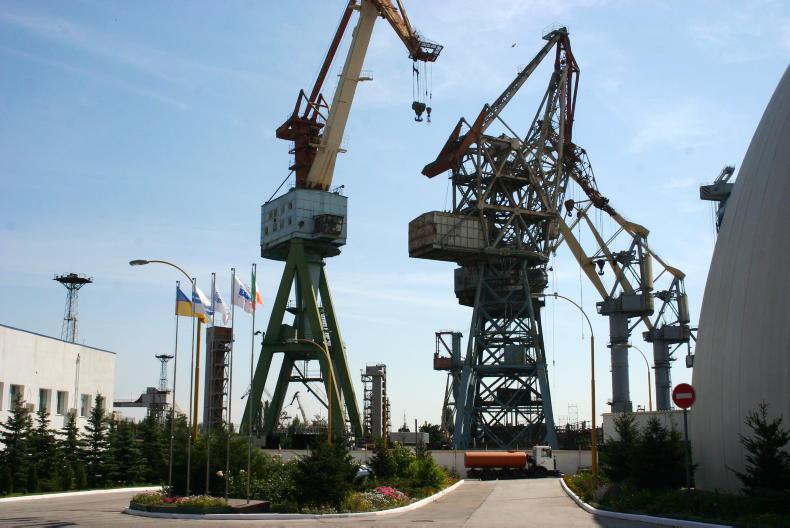
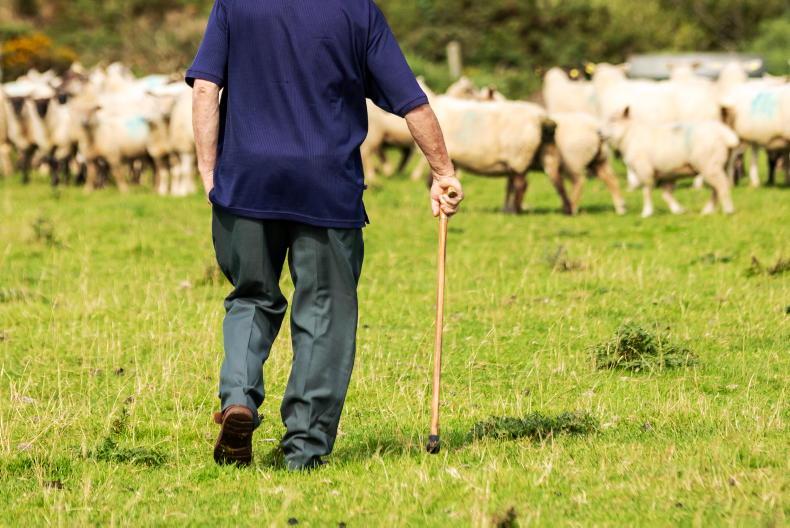
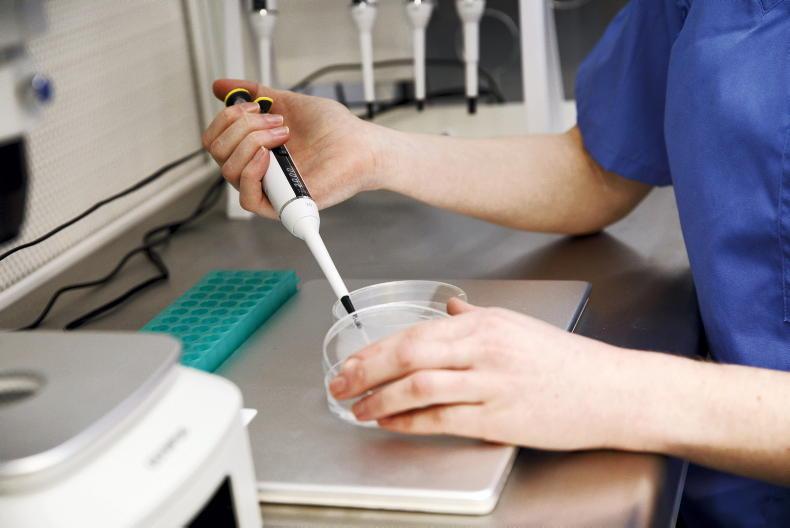
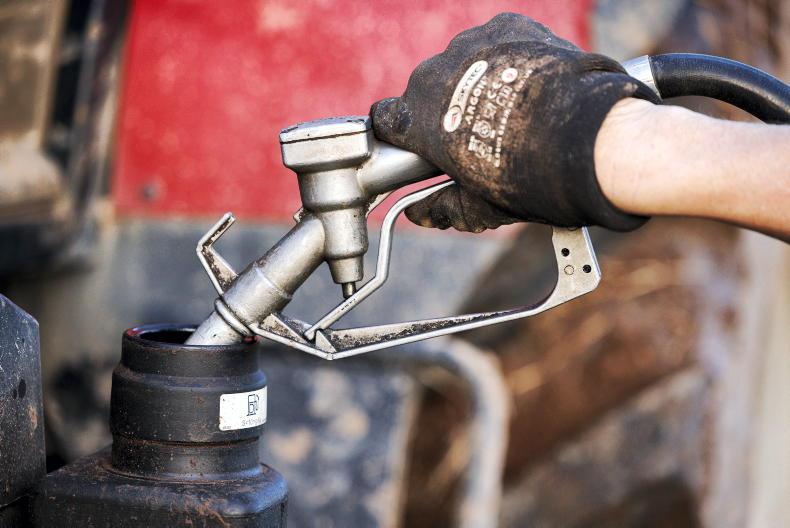
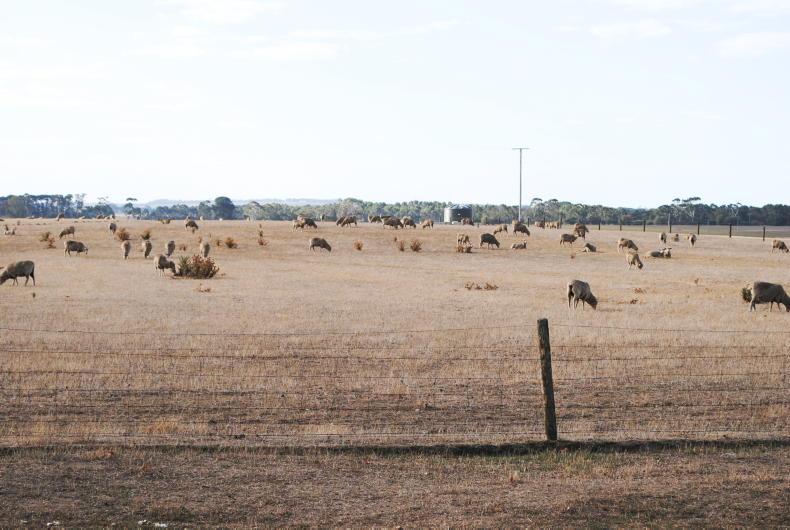
SHARING OPTIONS